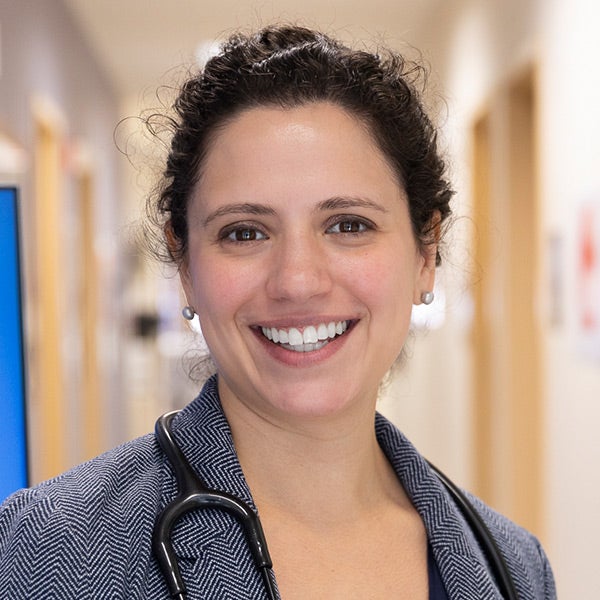Discovering Novel Treatments and Advancing Health Equity at the Cancer Center
Text of Article part 1

A team of researchers in the Cancer Biology Research Program at the University of Illinois Cancer Center are working toward a new way of treating liver disease and liver cancer under a three-year $1.6 million Impact Award from the U.S. Department of Defense. Led by principal investigator Md. Wasim Khan, PhD, assistant professor at the University of Illinois College of Medicine, they have identified a previously unknown hexokinase (HKDC1) which may be the reason liver disease often leads to cancer. They propose that HKDC1 can not only become an actionable target for treatment of cancer but can also be used in cancer surveillance and screening.
The Cancer Center has also received a $1.5 million grant from Eli Lilly and Company to support the College of Medicine Hematology and Medical Oncology Fellowship Diversity Initiative. The funding will support the training of fellows in best practices for conducting care and research to reduce cancer health inequities. During the fellowship, participants complete inpatient and outpatient rotations at the University of Illinois Hospital & Clinics. There, they gain experience with a wide assortment of oncologic and hematologic disorders in clinical environments serving marginalized and underserved communities. The fellows also receive specialized training in community-informed and community-driven clinical and translational research, and culturally appropriate responses to community needs.
Text of Article part 2

An extract from licorice root is being investigated for use as a novel anti-cancer agent, under new clinical trials being managed by the Cancer Center. Community input was key to the design of these trials to better reach and serve Black male patients, who are typically underrepresented in clinical trials yet suffer higher mortality rates from prostate cancer. Study lead Dr. Natalie Reizine, assistant professor at the College of Medicine, says that many patients are interested in natural supplements and thinks that a clinical trial focused on integrative medicine has the potential to facilitate clinical trial enrollment. The study is based on laboratory findings made by researchers at the College of Medicine Rockford.